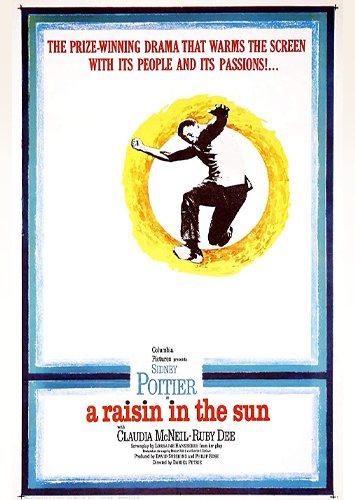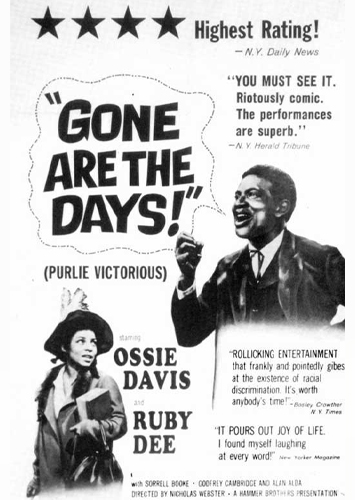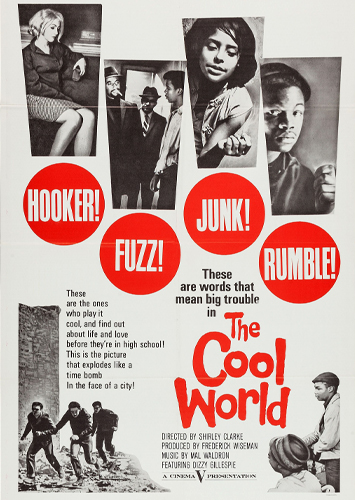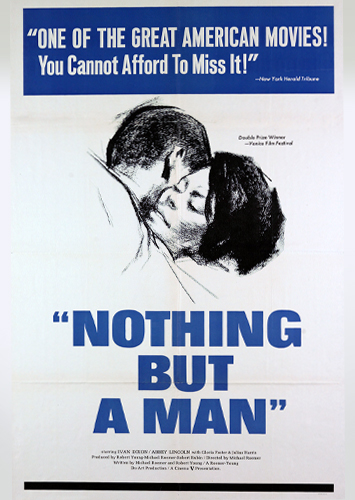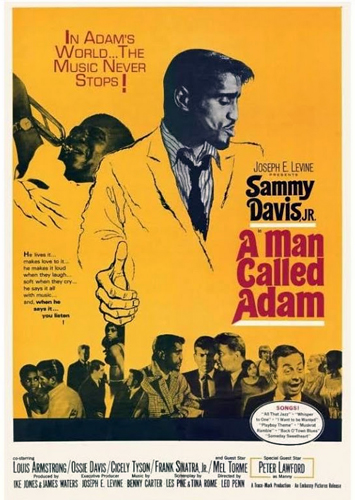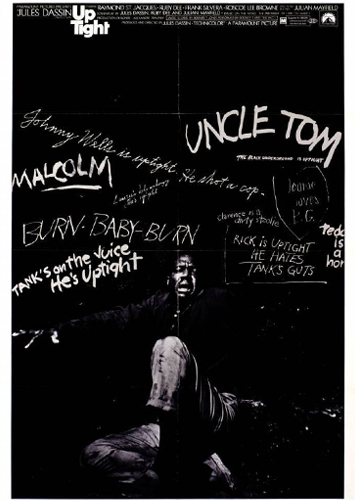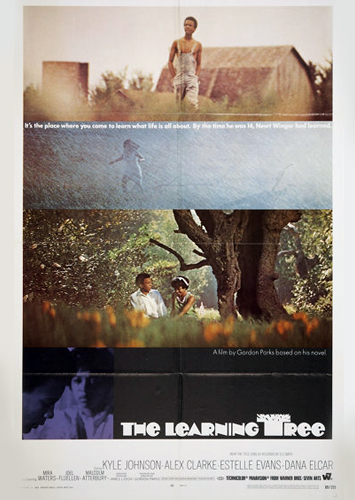Ep #12 - Black Masculinity in the 60s
The 1960s were ruled by a specific brand of hyper-masculinity, the likes of which had only heightened since the conservative 1950s. Not only did men hold all of the power both legally and socially, but goddamnit they did it because they "deserved it." It was in this climate, with its rigidly defined societal gender standards, that the fight for civil rights was brought to a boiling point in the 1960s. As the decade progressed, black men were increasingly openly and aggressively demanding their due–not only as human beings, but as Men.
Yet, black voices and narratives in cinema were still fairly scarce. While there were several interesting offerings from the fringes, anything that was allowed to be released by the mainstream had to have been pre-approved for white consumption. In this episode, two honkies named Bart and Jenna discuss representations of black masculinity in a range of films, from the rightfully celebrated to the criminally under-seen.
The following films are discussed:
• A Raisin in the Sun (1961)
Directed by Daniel Petrie
Starring Sidney Poitier, Claudia McNeil, Ruby Dee
• Gone Are The Days! (1963)
Purlie Victorious
Directed by Nicholas Webster
Starring Ossie Davis, Ruby Dee, Godfrey Cambridge
• The Cool World (1963)
Directed by Shirley Clarke
Starring Rony Clanton, Clarence Williams III, Gloria Foster
• Nothing But a Man (1964)
Directed by Michael Roemer
Starring Ivan Dixon, Abbey Lincoln, Gloria Foster
• A Man Called Adam (1966)
Directed by Leo Penn
Starring Sammy Davis Jr., Louis Armstrong, Cicely Tyson
• Uptight (1968)
Directed by Jules Dassin
Starring Julian Mayfield, Raymond St. Jacques, Ruby Dee
• The Learning Tree (1969)
Directed by Gordon Parks
Starring Kyle Johnson, Alex Clarke, Estelle Evans
